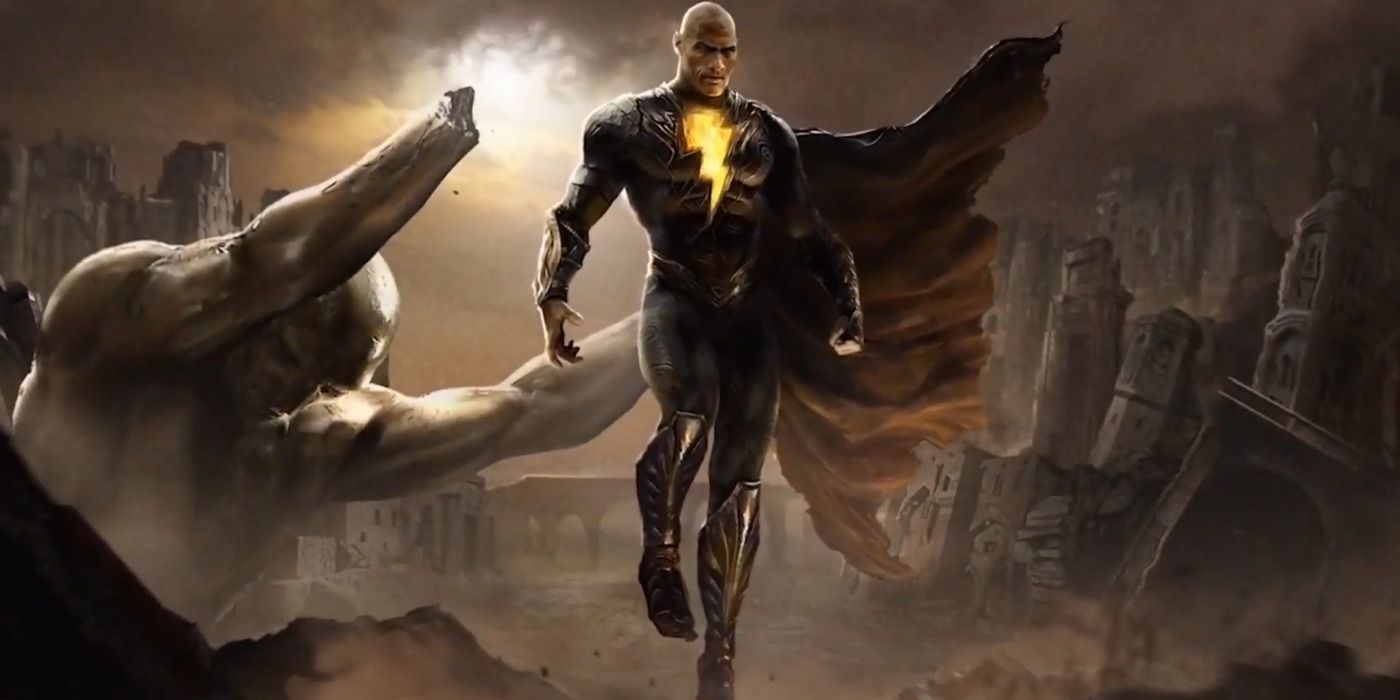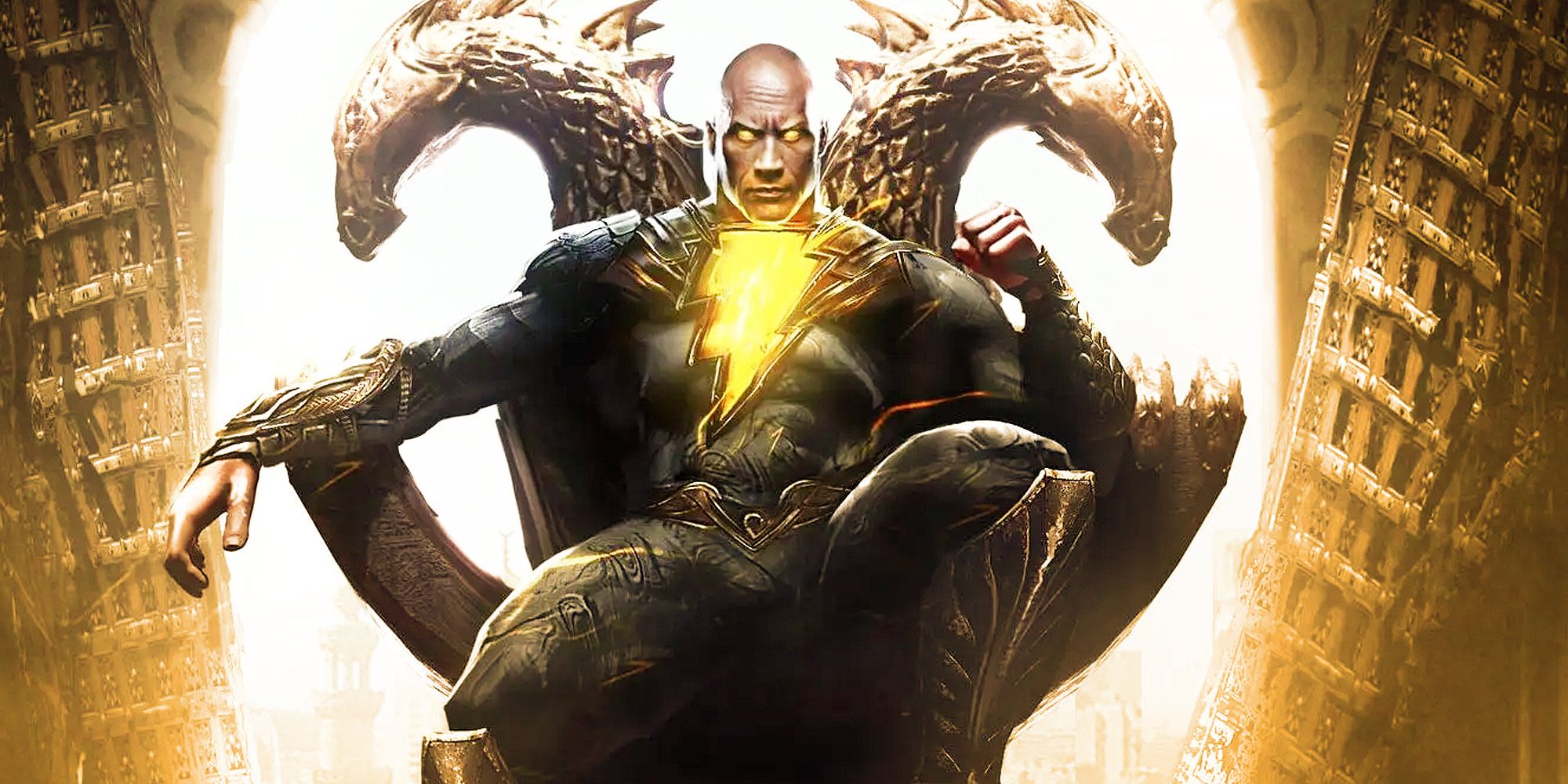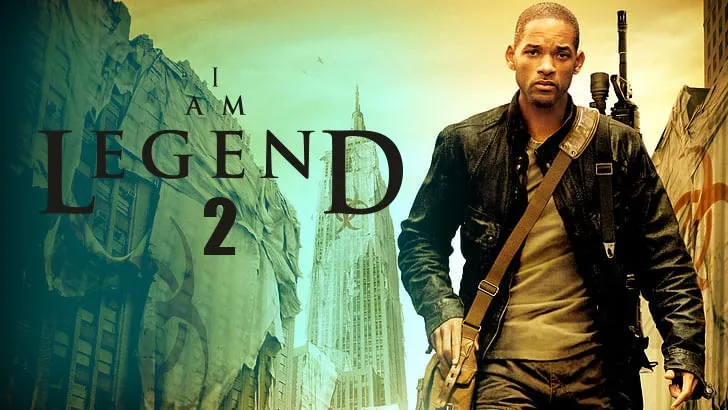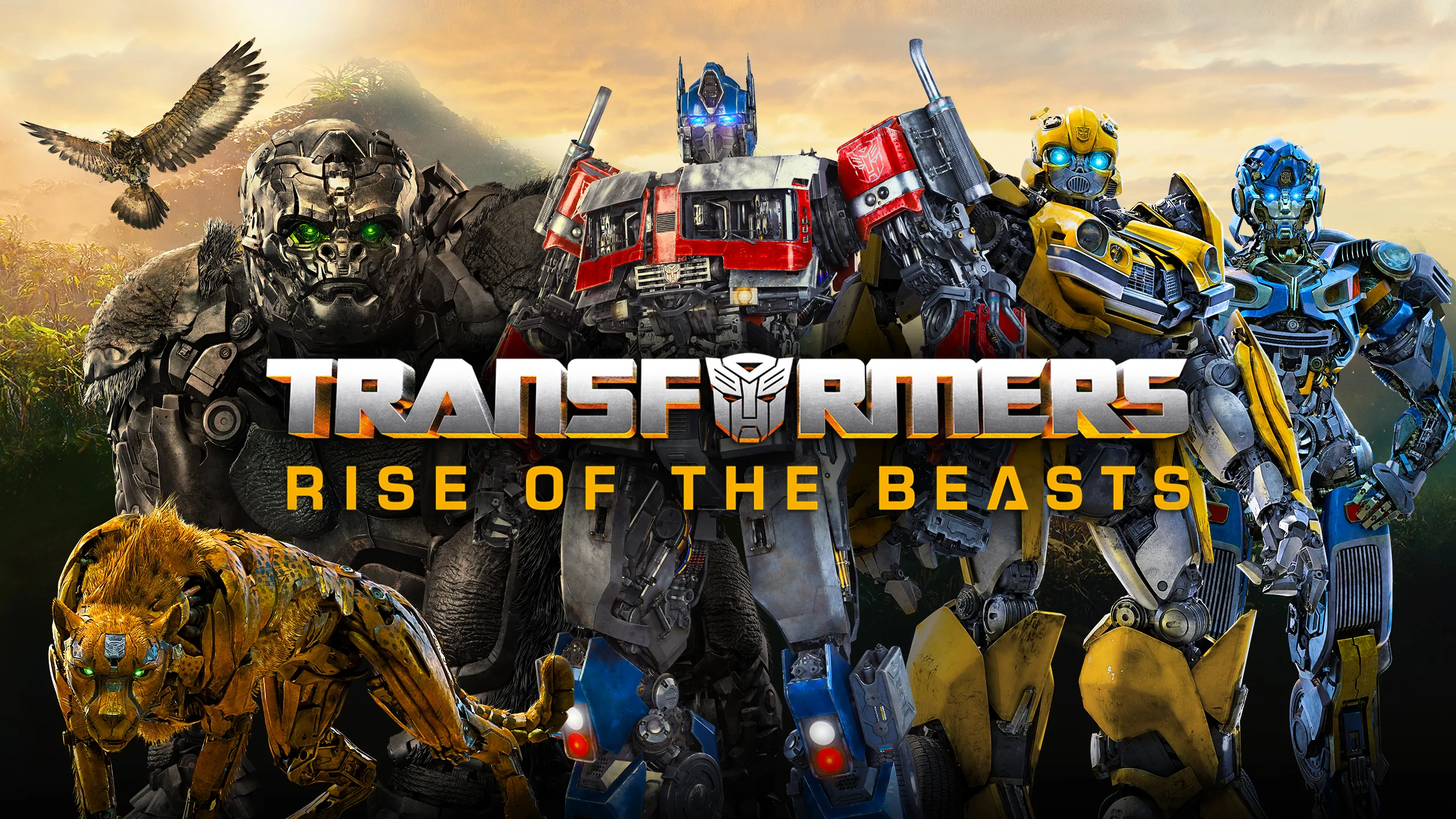After years of anticipation and build-up, Black Adam (2022) exploded onto the big screen with Dwayne Johnson bringing the fierce anti-hero to life. With a blend of ancient magic, explosive action, and a darker tone, the film redefined the hierarchy of power in the DC Extended Universe (DCEU). It introduced audiences to Kahndaq’s brutal protector — a warrior unbound by superhero ethics, whose sense of justice is as sharp as it is deadly.
While the first film ended with Teth-Adam embracing the title of protector rather than conqueror, it also left the door wide open for an even more ambitious sequel. If Black Adam was the birth of a god, Black Adam 2 is the reckoning that follows.
Black Adam introduced us to a world scarred by tyranny — both ancient and modern — and to a man reborn by vengeance. After being imprisoned for 5,000 years, Teth-Adam was unleashed on the modern world, where his brutal methods clashed with the ideals of the Justice Society of America (JSA).
By the film’s end, Adam rejects the mantle of ruler but chooses to remain Kahndaq’s protector. He destroys the throne — symbolically rejecting conquest — and forges a new identity. But that peace is short-lived.
In a surprise post-credit scene, Superman (Henry Cavill) arrives — signaling that Black Adam's unchecked power has not gone unnoticed.

Set one year after the events of the first film, Black Adam 2 opens with Kahndaq thriving under Adam’s watch. Crime has dropped. Foreign powers stay clear. But the world is uneasy. The United Nations has labeled him a global threat. The Justice League is watching.
When a mysterious wave of supernatural attacks devastate ancient cities, the world blames Adam. But the true culprit is a powerful demonic manipulator: Neron, the ruler of a hellish dimension who offers deals in exchange for souls — and who seeks to unleash chaos by tempting Earth’s most powerful beings.
Neron’s target? Black Adam himself.
As Adam begins to experience visions and nightmares, Neron tempts him with what he desires most — the return of his son. The offer is simple: serve Neron, and his son will live again.
Enter Superman, dispatched to warn and possibly confront Adam before he can tip the cosmic scales. Their inevitable clash is monumental — not just a battle of strength, but of ideology. Superman believes in restraint, diplomacy, hope. Adam believes in swift justice, even if it’s deadly.
Their confrontation is explosive — from the deserts of Kahndaq to orbit above Earth — but neither wins. Instead, they discover the deeper threat Neron poses.
Forced into an uneasy alliance, Black Adam, Superman, and members of the JSA — including Hawkman and Doctor Fate’s spiritual successor — unite to battle Neron. But Neron is a master manipulator, corrupting leaders, sparking global panic, and turning the world’s heroes against one another.
In the darkest hour, Adam nearly gives in. He almost accepts Neron’s deal, driven by grief and guilt. But a voice — his son's — echoes within him. Not from magic, but memory. He refuses, finally understanding that true strength lies in letting go, not changing fate.
While the first film explored vengeance, Black Adam 2 delves into redemption and restraint. Can a man who’s killed so many be trusted to lead? Can a god learn humility? Adam must choose whether to remain a weapon — feared and isolated — or evolve into a true leader. His arc is not about becoming a traditional hero, but a better protector, one who listens rather than rules.

Superman, too, is challenged. He learns that not all justice looks like his. Together, their uneasy alliance represents a future where different kinds of power can coexist — if they can understand one another.
In the climax, the heroes descend into Neron’s realm — a hellish dimension of fear and regret — to destroy the source of his growing influence. It’s here that Adam is fully tested. He must resist the illusion of his resurrected son and accept the truth of loss.
He defeats Neron not through brute force, but through sacrifice — severing his tie to the magic that made him a god, even if only temporarily, to seal Neron’s gate. In doing so, he proves he is more than power — he is purpose. As peace returns, Superman leaves Adam with a warning — and a respect earned in battle. The world still fears him, but Kahndaq now sees him not just as a weapon, but as a protector king.

In the final moments, a dark presence watches from afar — Darkseid, observing the balance of power shifting on Earth. Black Adam’s choices may have saved humanity — for now — but something worse is coming. Black Adam 3? The War of Worlds may just be beginning.
Black Adam 2, as imagined, takes the best of the first film — its scale, anti-hero energy, and Dwayne Johnson’s magnetic presence — and builds a story of growth and moral reckoning. It adds emotional stakes, high fantasy, philosophical conflict, and an epic scope worthy of DC’s mythological roots.
In a genre flooded with heroes, Black Adam remains a fascinating outlier — a man who refuses to wear a cape, but who might just become the very leader a fractured world needs.





